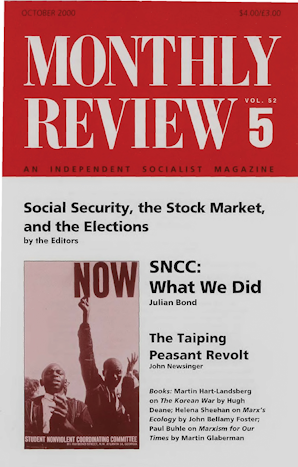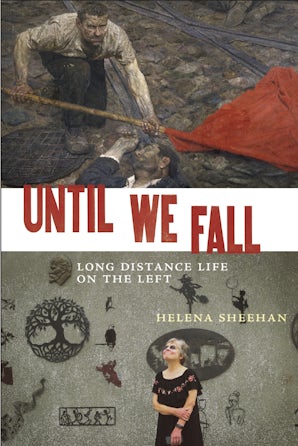Also in this issue
Books by Helena Sheehan
Until We Fall
by Helena Sheehan
Syriza Wave
by Helena Sheehan
Navigating the Zeitgeist
by Helena Sheehan
Article by Helena Sheehan
- Exploring the Chinese Revolution Today
- Marxism and the History of Philosophy
- Totality: Decades of Debate and the Return of Nature
- The Disinformation Wars: An Epistemological, Political, and Socio-Historical Interrogation
- Return of the Dialectics of Nature Debate
- Marxism, Science, and Science Studies: From Marx and Engels to COVID-19 and COP26
- The Synthesizing Impulse: J. B. S. Haldane
- Between Nature and Society
- As the World Turned Upside Down: Left Intellectuals in Yugoslavia, 1988Ð90
- South Africa—The Left Must Launch a Counteroffensive




